Mohammad Azhar Aziz, PhD, Post-doc (USA) Founder Director, Cancer Nanomedicine Consortium Former Director, Interdisciplinary Nanotechnology Center, ZHCET Aligarh Muslim University
Mohammad Azhar Aziz, PhD, Post-doc (USA) Founder Director, Cancer Nanomedicine Consortium Former Director, Interdisciplinary Nanotechnology Center, ZHCET Aligarh Muslim University
Biography
Dr. Mohammad Azhar Aziz is a pioneering cancer researcher and biotechnology expert whose integrative work in molecular biology and systems medicine has reshaped colorectal cancer research globally. Dr. Mohammad Azhar Aziz, PhD, is a distinguished scientist whose career spans over two decades of groundbreaking contributions to cancer biology, biotechnology, and precision medicine. He earned his doctorate in Biotechnology from Jawaharlal Nehru University, where he conducted pioneering research on anthrax vaccine development. His early postdoctoral work took him to Case Western Reserve University and The Cleveland Clinic in the United States, where he deepened his expertise in molecular oncology and translational research Dr. Aziz is best known for establishing the Colorectal Cancer Research Program at the King Abdullah International Medical Research Center (KAIMRC) in Saudi Arabia. There, he led a multidisciplinary team, built a state-of-the-art laboratory, and mentored emerging scientists. His research integrates wet lab experimentation with computational biology, leveraging multi-omics data to uncover biomarkers and therapeutic targets for colorectal cancer. With over 15 years as an independent investigator, Dr. Aziz has published extensively in high-impact international journals and has been recognized with multiple awards for his scientific leadership and innovation. His approach is rooted in systems biology, aiming to translate molecular insights into personalized cancer prevention and treatment strategies. Currently affiliated with Aligarh Muslim University and its Interdisciplinary Nanotechnology Centre, Dr. Aziz continues to push the boundaries of nanomedicine and bioinformatics. His work aligns closely with the mission of Nanosphere magazine, bridging the gap between nanotechnology and life sciences to foster innovation in healthcare. Dr. Aziz’s vision is to democratize access to precision oncology tools and foster global collaborations that accelerate the fight against cancer. His contributions exemplify the transformative power of interdisciplinary science in shaping the future of medicine.
Interview
NanoSphere: Tell us a bit about yourself—your background, journey, and what led you to where you are today.
Mohammad: Born and raised in a family of physicians, I had an early introduction to diseases and their challenges. In school days, I was questioning scientific facts and trying out unconventional ways to answer them. I used to read popular science articles and was fascinated by discoveries and technologies that were in the news. I joined the British council library to get better access to these magazines and books. I preferred to join a Master in Biotechnology over studying traditional medicine to make a career in scientific research. During Masters program, I was fortunate to be taught by teachers who fuelled my passion for research. I started my PhD at JNU and submitted a proposal to work on using anthrax lethal toxin as a delivery vehicle for expressing tumor antigens as epitopes for eliciting cytotoxic T cell response. However, another world bank funded project was assigned to me for carrying out challenging but pioneering work of expressing the vaccine candidate (protective antigen) in plants. I was able to successfully express it and became the first person to accomplish this task using agrobacterium as well as gene gun based gene transfer technologies. But the passion was cancer research was simmering and hence I decided to carry out postdoctoral studies in cancer research. I moved to the USA and started working on DNA radiosensitizers and their mechanism of action in colorectal cancer. I was fortunate to be part of National Cancer Institute’s visionary initiative of bringing together several expertise under the ‘Integrative Cancer Biology Program’. This exposure left a lasting impression on my research approach for cancer - It has to be collaborative. Complimentary expertise from clinical, mathematical, computational and basic sciences have to come together to understand, manage and solve the multifactorial problem of cancer. This was my signature which is reflected in my scientific pursuits. I worked with some great minds at Cleveland and moved to Riyadh to establish the ‘Colorectal Cancer Research Program’, that was a testimony to successful efforts of building a multidisciplinary team. After pioneering colorectal cancer research using the latest tools and technologies and discovering novel genes and biomarkers, I moved to India for replicating this successful model. At Aligarh Muslim University, I established a nanomedicine consortium which is in its infancy and getting mature to solve some of the critical aspects of rising cancer burden in India.
NanoSphere: You’ve now spearheaded initiatives like the Colorectal Cancer Research Program at KAIMRC and the Cancer Nanomedicine Consortium in India. What have you learned about building multidisciplinary collaborations that truly accelerate breakthroughs? What excites you most about nanomedicine platforms in oncology today? Do you see lipid nanoparticles, polymer-based systems, or multi-omics-informed carriers leading the next wave?
Mohammad: Multidisciplinary teams are great to think and talk about, hard to build, difficult to manage and very challenging to sustain. The key ingredient in building such team of professionals is compassionate leadership. All relevant aspects of effective leadership with a cause driven team could overcome the challenges to accelerate breakthroughs. Its akin to rolling a giant ball from within, where every expert is on the curvature. But the internal force and strategy determines the speed and direction of the rolling ball. There will be a time when one expertise will be visible and on top while others will be invisible and close to the ground. But this will not remain the same forever. As a team leader, I had to ensure that all members of the team remain motivated and committed to the cause. This is helped by proper benefit sharing. I remember talking to a group of consultants in the initial days of forming CCRP at KAIMRC. They asked me “How are we going to get benefitted with this?”. Later, one of them came along and together with other expertise we pioneered the use of personalized approach for discovering novel genes associated with colorectal cancer patients. While building CNC in India, I had to make sure that there is a transparent system of ownership of ideas and achievements. This is only possible when you are confident and not feeling insecure. Nanomedicine platforms in Oncology are in their infancy. I am excited about the development and use of computational tools for rational design of these carriers. So far we are just doing hit and trial methods. Among these multiomics informed carriers may complement LNPs to create the next wave.
Mohammad: Multidisciplinary teams are great to think and talk about, hard to build, difficult to manage and very challenging to sustain. The key ingredient in building such team of professionals is compassionate leadership. All relevant aspects of effective leadership with a cause driven team could overcome the challenges to accelerate breakthroughs. Its akin to rolling a giant ball from within, where every expert is on the curvature. But the internal force and strategy determines the speed and direction of the rolling ball. There will be a time when one expertise will be visible and on top while others will be invisible and close to the ground. But this will not remain the same forever. As a team leader, I had to ensure that all members of the team remain motivated and committed to the cause. This is helped by proper benefit sharing. I remember talking to a group of consultants in the initial days of forming CCRP at KAIMRC. They asked me “How are we going to get benefitted with this?”. Later, one of them came along and together with other expertise we pioneered the use of personalized approach for discovering novel genes associated with colorectal cancer patients. While building CNC in India, I had to make sure that there is a transparent system of ownership of ideas and achievements. This is only possible when you are confident and not feeling insecure. Nanomedicine platforms in Oncology are in their infancy. I am excited about the development and use of computational tools for rational design of these carriers. So far we are just doing hit and trial methods. Among these multiomics informed carriers may complement LNPs to create the next wave.
NanoSphere: You’ve worked extensively at the interface of molecular biology, multi-omics, and nanomedicine. From your perspective, what remains the biggest barrier to translating these innovations into patient-ready cancer treatments — technology readiness, regulatory clarity, or clinical adoption?
Mohammad: While there is an element of all these factors plus inability to acknowledge cancer as a heterogeneous disease. Technology is still not mature to implement patient centric treatment modalities. Hopefully, the advent of tools to complement our ability to generate and analyze patient level data in an affordable manner will herald the disruptive technology.
Mohammad: While there is an element of all these factors plus inability to acknowledge cancer as a heterogeneous disease. Technology is still not mature to implement patient centric treatment modalities. Hopefully, the advent of tools to complement our ability to generate and analyze patient level data in an affordable manner will herald the disruptive technology.
NanoSphere: If there’s one key message or insight you’d like to share with readers about the future of nanomedicine, what would it be?
Mohammad: Computational tools to suggest patient centric treatment modalities in a predictive manner will revolutionize nanomedicine as we see it today.
Mohammad: Computational tools to suggest patient centric treatment modalities in a predictive manner will revolutionize nanomedicine as we see it today.
Mohammad`s references
- Ali, S.H., Ali, H. & Aziz MA* Computational identification of PDL1 inhibitors and their cytotoxic effects with silver and gold nanoparticles. Sci Rep 14, 26610 (2024). https://doi.org/10.1038/s41598-024-77868-8
- Aziz MA* “Multi omics approach towards characterization of tumor cell plasticity and its significance in precision and personalized medicine”. Cancer Metastasis Reviews 2024 https://doi.org/10.1007/s10555-024-10190-x
- Aziz MA*, Yousef Z, Saleh AM, Mohammad S, Knawy BA. Critical Reviews in Oncology/Hematology (2017) 118;70
- Personalized and Precision Nanomedicine for Cancer Treatment Published by Springer Nature ISBN: 978-981-97-3544-0 2024
- https://www.amu.ac.in/faculty/interdisciplinary-nanotechnology-centre/mohd-aziz
- https://amu.ac.in/miscellaneous/cancer-nanomedicine-consortium/home-page

